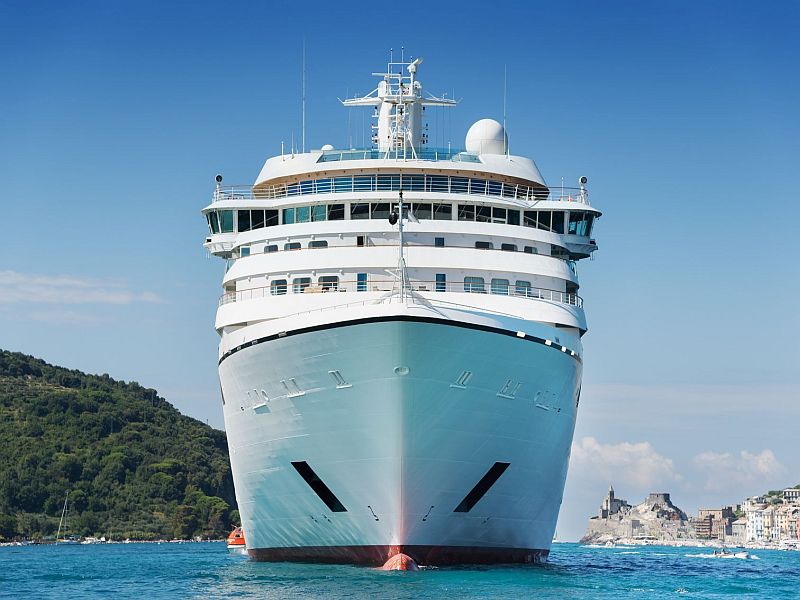
Related MedlinePlus Health Topics
Thursday, January 14, 2016


THURSDAY, Jan. 14, 2016 (HealthDay News) -- Although outbreaks of illness on cruise ships tend to dominate the news when they occur, the actual number of outbreaks is small, a new U.S. government report says.
Outbreaks of diarrhea, vomiting, abdominal cramps, headache, muscle aches or fever -- called gastroenteritis -- dropped significantly on cruise ships between 2008 and 2014, researchers from the U.S. Centers for Disease Control and Prevention reported Thursday.
"Of the more than 29,000 voyages between 2008 and 2014, outbreaks occurred on only 133, which is 0.5 percent," said lead researcher Amy Freeland, an epidemiologist with CDC's Vessel Sanitation Program.
About 92 percent of outbreaks were caused by a norovirus, the leading cause of illness and outbreaks from contaminated food in the United States. Others were caused by bacteria such as E. coli, she said.
A small fraction -- just 0.18 percent -- of the nearly 74 million passengers who took a cruise between 2008 and 2014 suffered from acute gastroenteritis, Freeland said. Of approximately 28 million crew members, only 0.15 percent reported having gastroenteritis. This rate remained unchanged during the study period, the new research found.
Freeland said the cruise industry has been doing a better job of preventing and controlling outbreaks. In addition, requirements of the CDC's Vessel Sanitation Program have made a difference in reducing outbreaks by recommending which cleaning procedures and disinfectants be used on cruise ships, she said.
The report was published in the Jan. 15 issue of the CDC's Morbidity and Mortality Weekly Report.
Only a small proportion of norovirus cases in the United States are from outbreaks on cruise ships, Freeland said. From 2008 to 2014, only about 15,000 cases of norovirus occurred on cruise ships -- 0.01 percent of the total number of norovirus cases in the United States during that period.
A new strain of norovirus caused an increase in the rate of gastroenteritis in 2012, Freeland said.
The best way for passengers to prevent getting gastroenteritis on a cruise is to wash their hands, especially after using the toilet and before putting anything in their mouth, Freeland said. In addition, passengers should report any symptoms.
"Often, people don't want to report feeling sick because they don't want to be isolated during their vacation," she said. "The problem with that is if there is illness onboard, crew members don't know and they can't step up their sanitation efforts."
Dr. Marc Siegel, an associate professor of medicine at NYU Langone Medical Center in New York City, said the biggest problem on cruise ships is norovirus because it's very contagious, and a ship is a confined space.
Siegel agrees that hand washing is the key to staying healthy. "Hand wipes are not enough," he said. "You've got to wash your hands vigorously in soap and water."
SOURCES: Amy Freeland, Ph.D., epidemiologist, Vessel Sanitation Program, U.S. Centers for Disease Control and Prevention; Marc Siegel, M.D., associate professor, medicine, NYU Langone Medical Center, New York City; Jan. 15, 2016, Morbidity and Mortality Weekly Report
HealthDay
Copyright (c) 2016 HealthDay. All rights reserved.
- More Health News on:
- Traveler's Health





























.png)











No hay comentarios:
Publicar un comentario